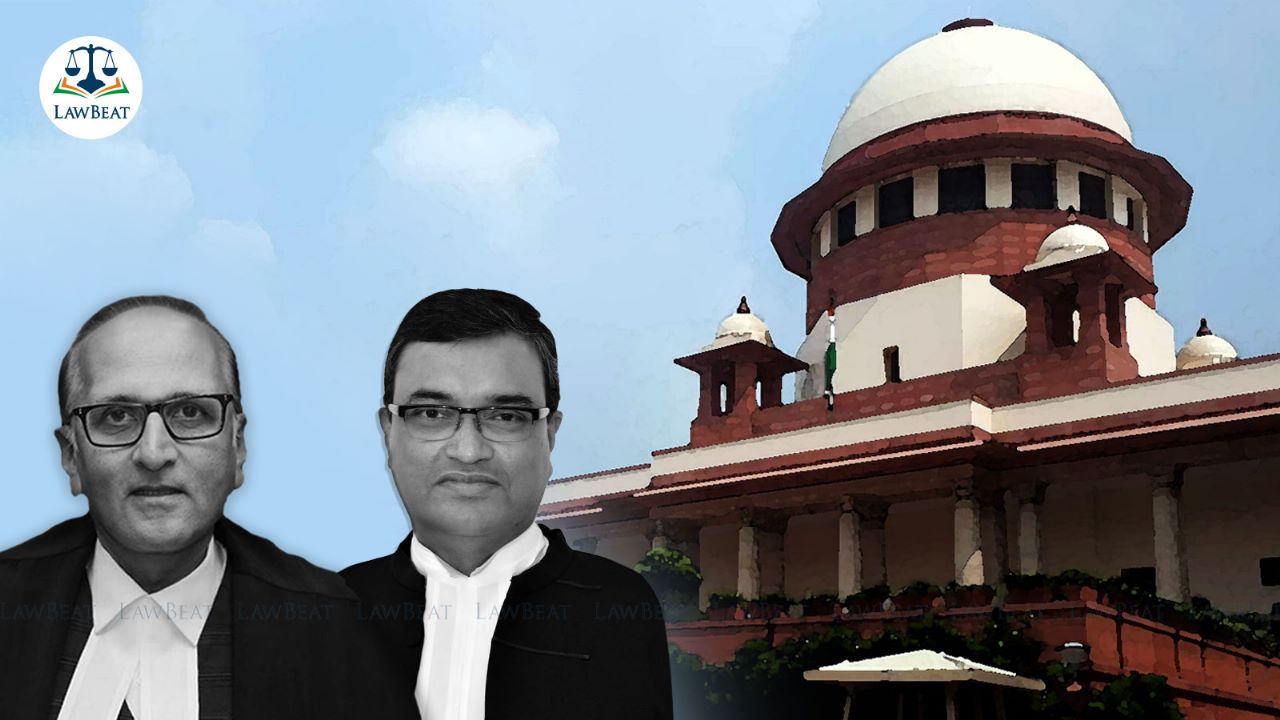"You are indulging in arm-twisting": Supreme Court slams Kerala State Wakf Board

Top Court called the criminal proceedings which are effectuated by the Waqf Board as "draconian", adding that if written today, Article 21 may not find itself in the Constitution
The Supreme Court today pulled up the Kerala State Wakf board for indulging in "arm-twisting".
A bench of Justices S Ravindra Bhat & Dipankar Datta was hearing a plea on the retrospective operability of section 52A of the Waqf Act, 1995 which carries penal consequences for an "encroacher" on a Waqf land. The Kerala High Court had refused to terminate criminal proceedings against the petitioner-firm, even though the tenancy on the waqf land had ended in 2005 and there was a stay on the eviction order, while the amendment criminalising "encroachers" came into effect in 2013.
The petitioner(s) came before top court in appeal and Senior Advocate Besant R pointed out to the court, the convoluted retrospective nature of the action taken by the Wakf board.
During the hearing today, the bench made strong observations against the State Wakf Board for indulging in arm twisting and adopting the "draconian" law against the concerned petitioner(s).
"This is draconian! I am aghast! Absolutely aghast! If the Constitution of India were written today, Article 21 (right to life) would not find itself in it," Justice S. Ravindra Bhat said, while pointing out that criminal proceedings cannot be initiated against persons who have not even committed any criminal act. He pointed out that even though the tenancy had been invalidated in 2005, the issue was kept hanging and when the amendment stipulating criminal prosecution came into force, the Kerala State Wakf Board initiated the "draconian" measure against petitioner(s).
However, the state Wakf board stated that they derive its power from statute and they are only doing "public service", are not a private body, while their lawyer delved into the strict interpretation of the laws through corollaries of interpretation in the NDPS Act and the Waqf Act.
At this juncture, the bench pulled up the board again and said,
"I understand you have lacs and lacs of acres of land but you cannot prosecute persons like this. There are civil remedies and this is nothing but arm-twisting".
Towards the end of the hearing the lawyer for the Wakf board informed court that the amendment stipulating criminal prosecution was brought into effect in 2013 but was struck down by another amendment in 2015. Justice S. Ravindra Bhat took note of this and said, "So for those two years, they were offenders!"
Filed through their lawyer Senthin Jagadeesan, the plea has stated that the Kerala High Court ought to have exercised its inherent powers to prevent the abuse of law and quashed proceedings under section 52A of the Waqf act, considering that the eviction order by the state board has been stayed by it and whether or not the petitioner is an "encroacher" is sub-judice.
The judgment in this case now stands reserved.
Case Title: PV Nidhish & Ors. Vs. Kerala State Wakf board & Anr.
Statutes: Waqf Act 1995, Criminal Procedure Code 1973, Constitution of India
